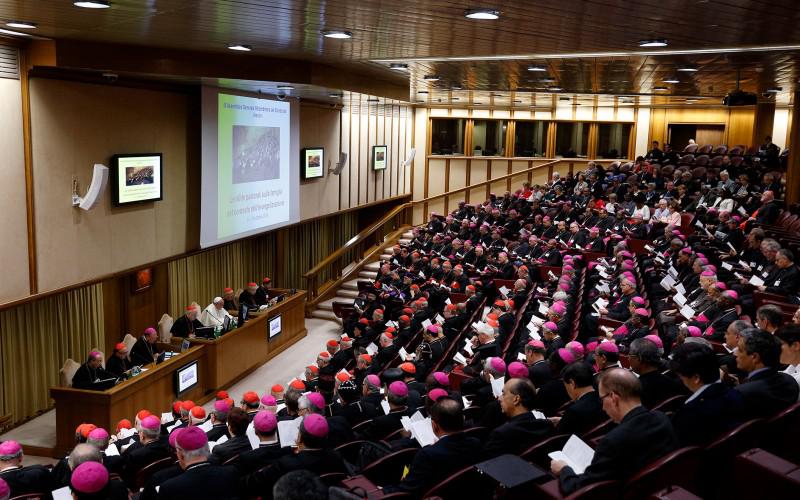|
The sacking of bishops who fail to deal properly with abuse is long overdue
By Fr Alexander Lucie-Smith
The Pope has approved a new set of canons that will facilitate the swift removal of bishops who fail to deal with child abuse in their dioceses, this magazine reports. The learned Dr Ed Condon has some commentary on this website, that can be read here. He makes the very interesting point that this latest legislation is a sign of centralisation in the Church, and thus runs counter to the perceived decentralising tendencies of the current papacy. Moreover, both the Daily Telegraph and the Guardian have reported on the same story. Their reports make instructive reading about the way the world sees the Church’s handling of the abuse crisis. I am not a canon lawyer (some readers may wish to stop reading at this point) but the new canons strike me as highly significant, and at the same time perhaps not making much difference. Let me explain. This move is significant because it locates the epicenter of the abuse crisis in the episcopacy. This is where the heart of the problem lies. It is not in abusive priests and laity per se, but rather in the way abusive priests and laity can get away with their crimes thanks to the failure of bishops to oversee their dioceses properly. Sadly, there will always be abusive priests and laity, as there will always be abusive human beings. It is the job of bishops to keep these people with criminal tendencies away from children and other vulnerable people, which of course includes removing abusive priests from the clerical state. The word bishop, episcopos, means ‘overseer’ originally, and the clue to the role of the bishop is to be found in the name. The abuse crisis was caused by abusers in the first place, but the crisis became a catastrophe because many bishops were not properly capable of oversight, and lacked the necessary leadership skills. They could follow, but they could not lead. The abuse crisis revealed not just a crisis in the priesthood, but one in the episcopacy. So, it is quite right that this new legislation should be focused on the episcopacy. At the same time this new legislation is not particularly significant, because in truth the Papacy has always had the power to sack bishops who were not doing their jobs properly. If one looks back over the last few decades, though, one notices that his has been done very sparingly. One or two bishops have been sacked for financial incompetence. Two that I can think of have been removed for doctrinal reasons. A few have been kicked upstairs having failed to hold their flocks together. The late Archbishop of Cardiff, John Aloysius Ward, was sacked by St John Paul II for his failure to deal with abusive priests. So, it can be done. What is needed is the will to do it. It is at this point that the case of Bishop Juan Barros of Osorno in Chile, which the Guardian report mentions, becomes significant. It is incredible that Bishop Barros is still a bishop, given the controversy that surrounds him (though he denies any wrongdoing). The inescapable conclusion is that Bishop Barros has friends in high places. Will the new canons make any difference in Osorno? I doubt it. A law is only good as the people who enforce it.
|
.
Any original material on these pages is copyright © BishopAccountability.org 2004. Reproduce freely with attribution.
